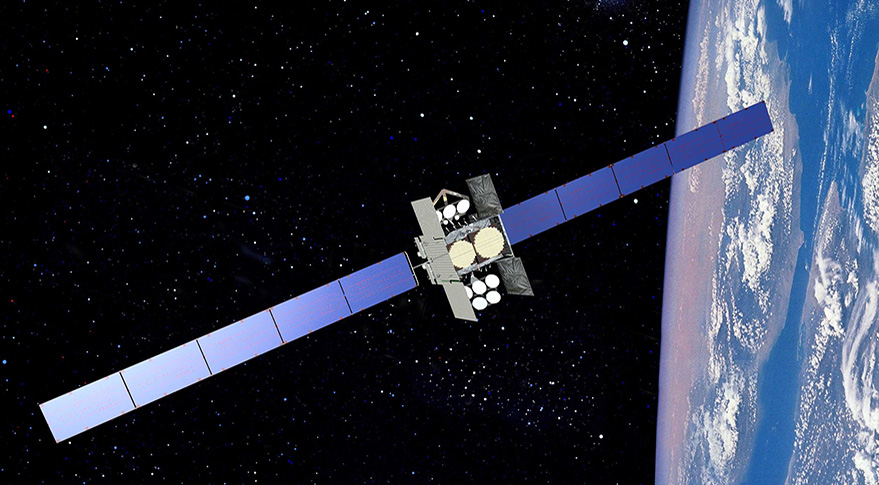The Trump Administration has set a new course for American leadership in space, prioritizing space exploration and innovation — a welcome and necessary change to U.S. policy. Reconstituting the National Space Council was an important first step. The President’s plan to develop a military space presence also deserves praise and thoughtful consideration. Unfortunately, some of the specific proposals put forward so far miss the mark and risk undermining the ambitious goals the President has set.
The Administration’s proposal to move space authorities from the Federal Aviation Administration’s Office of Commercial Space Transportation to a new “Space Administration” within the Department of Commerce, for example, is a monumentally terrible idea. The proposed move creates a massive new bureaucracy at a federal department with a terrible track record on cost overruns and management of programs, and little experience executing the task being contemplated.
For years, the Department of Commerce has mismanaged its limited space programs including the National Oceanic and Atmospheric Administration (NOAA) and the Office of Space Commerce’s commercial remote sensing regulations. Of course, the Department of Commerce has other, more well-known boondoggles to consider including the Census, Economic Development Administration and International Trade Administration. The Department’s history of mismanagement over many administrations has cost the taxpayers billions in cost overruns and duplicated functions found in other, more effective federal agencies. There is no good reason to repeat those errors by giving the Department of Commerce a new space agency that it is ill-equipped to handle.
Both conservative Republicans and liberal Democrats, including the Obama Administration, have repeatedly proposed abolishing the Department of Commerce or significantly downsizing it, and moving its authorities to other agencies for better management. Yet with this most recent proposal, rather than moving authorities out of Commerce, the Administration plans to add to their portfolio, taking some of the most important and sensitive authorities away from an agency that has the expertise and track record to do the tasks — namely the FAA. The rationale appears to be because the current Secretary, Wilbur Ross, wants to be more involved in space issues. That is not reason enough to repeat the mistakes of history.
The authorities being considered for transition to the Department of Commerce would include traffic management of our nation’s national security, human spaceflight, and commercial assets in space at a time when there is more orbital debris posing a threat to our resources than ever. Getting this wrong would have catastrophic consequences. This suite of authorities — referred to as Space Situational Awareness (SSA) and Space Traffic Management (STM) — ensure that we don’t have a situation where critical national space assets are destroyed due to orbital debris impacts. The threat is very real, and growing, due to a proliferation of small satellites, defunct satellites and shrapnel from a 2007 Chinese ASAT test, among other debris. The idea that the Commerce Department is better suited to do this critical task than the FAA defies common sense.
Previously, the Department of Defense, which has been serving in this SSA and STM role for the U.S. Government, planned to transfer these authorities to the FAA, which has an effective Office of Commercial Space Transportation that licenses rocket launches and spacecraft reentries. Given the FAA’s excellent track record of safety and successful management of the U.S. airspace traffic, it made good sense to leverage the talented FAA workforce and established processes for this role.
It is disappointing that the Administration and some Republicans in Congress now want to grow the Department of Commerce with tens of millions of dollars in new taxpayer spending to build a new “Space Administration” that duplicates the expertise of the Department of Defense, FAA, and NASA. This is both wasteful and misguided.
The Administration should be applauded for showing leadership on a wide variety of important space-related issues. But SSA and STM are too important to be moved to an agency seeking relevancy in space and lacking the necessary expertise. Policymakers should be working to move space authorities away from Commerce to agencies that have related missions and the expertise to serve the nation well in space — not supporting new spending for a Department that has historically struggled to manage its existing space programs.
